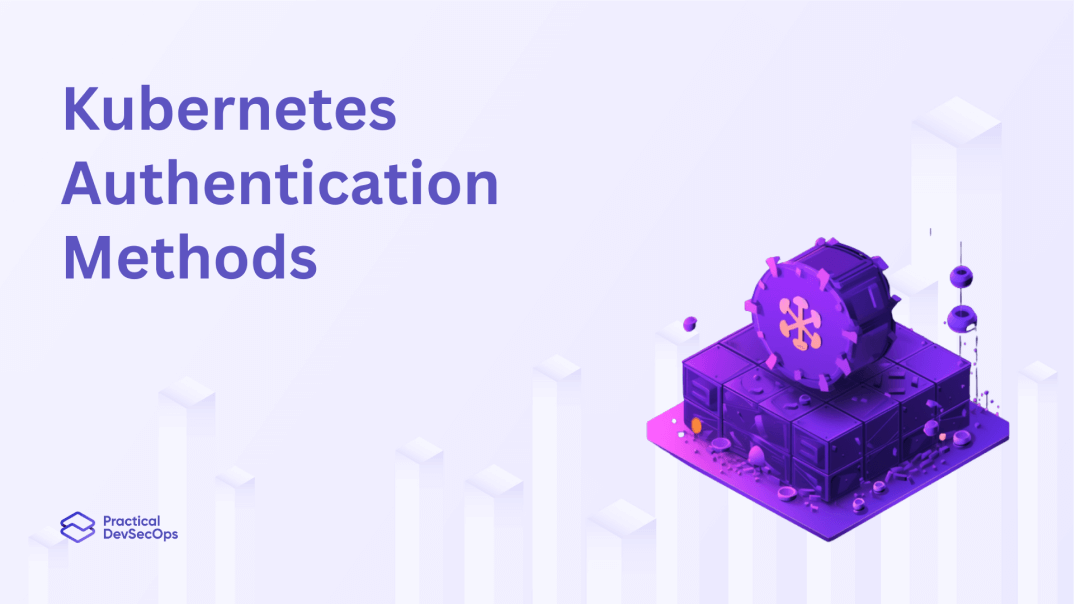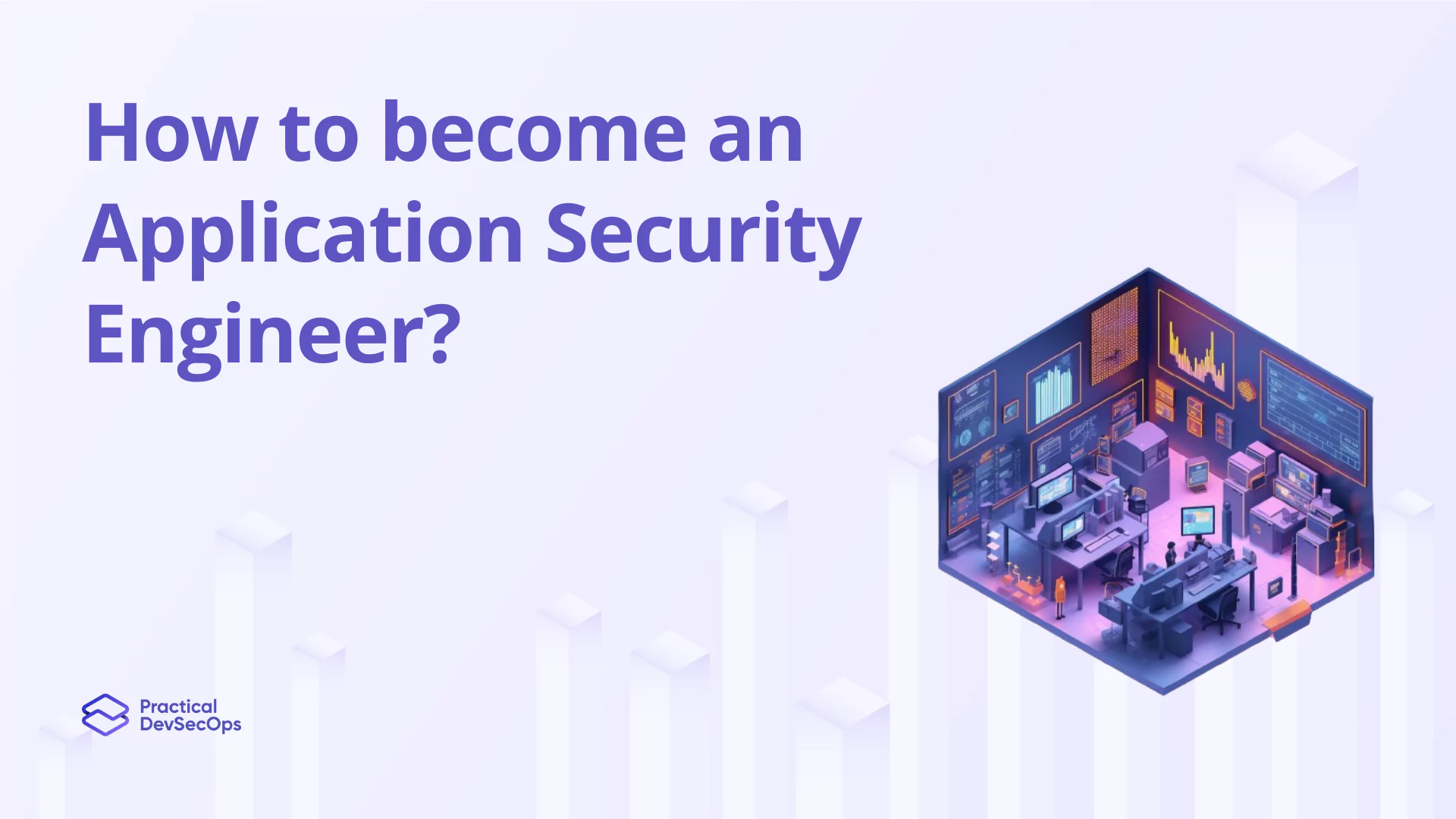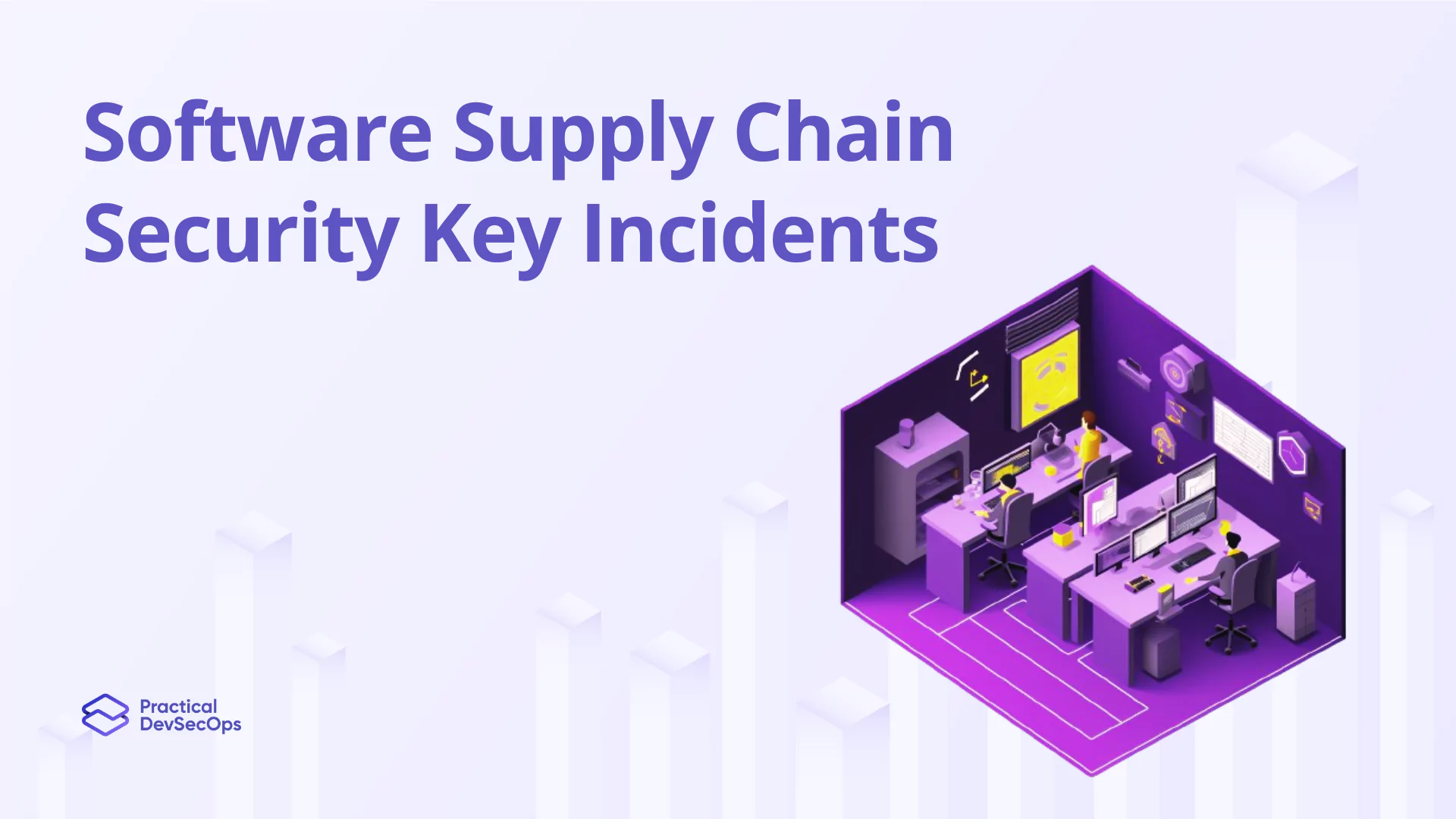Kubernetes is recognized as a powerful open-source container orchestrator platform. Among the safety features is the fact that it provides authentication, which means to secure trust between organizations and their applications. Authentication is the base for interaction with the platform and different kinds of services. This system has mechanisms for user authentication.
This article explores how Kubernetes enables the authentication of your application. We will also examine token, certificate, and service account authentication. Moreover, we will be exploring “IAM Service Auth” with Identity and Access Management (IAM) and covers 3rd-party authentication options.
Kubernetes Authentication Tokens
This second widely used method to authenticate users in Kubernetes is the token-based approach. Do you know? There’s a special service to issue and manage authentication tokens.
With the help of Kube-token-auth user can able to create a token that they want to be authenticated to any Kubernetes service. In other words, a user is given an access pass to the service. It is the most accessible way, the same with setups and managing. Moreover, at any time, the token issued can be eliminated, so it is the best way to allow access securely for the user.
Authentication Through Certificates
Another way to authenticate with Kubernetes is through the use of certificates. When a user attempts to authenticate with a service, the server checks to see if the user has a valid certificate. The server will grant the user access to the service if the certificate is valid.
The main benefit of using certificates for authentication is that it is considered a more secure method than tokens. However, certificates can be more difficult to set up and manage.
Authentication Through Service Accounts
Service accounts in Kubernetes authenticate users, granting access to authorized services and additional resource-level authorizations. They also enhance security and allow precise access control, especially for complex deployments.
Authentication with Identity and Access Management (IAM) Services
IAM services provide enhanced security in Kubernetes. It enables user authentication through third-party providers like Google and Microsoft. IAM services assist in user account management, which makes them suitable for overseeing access among various users to the same service.
Also Read, Kubernetes Security Best Practices
Third-Party Authentication Options
The market is rich with third-party authentication services for Kubernetes. They were offering essential features like single sign-on and multi-factor authentication. These services are versatile, supporting many authentication protocols and thereby enhancing security and control over resources.
They also bridge the gap by supporting authentication values like SAML and OAuth. Yet, these features were beyond what Kubernetes supported natively.
Also Read, Best Steps for Automating Security in Kubernetes Pipelines
Also Read, Most Common Kubernetes Security Misconfigurations
Conclusion
So far we’ve explored the various authentication methods which could be used with Kubernetes. It includes various token-based , certificate-based authentication including service accounts.
We looked into different IAM services and third-party authentication solutions in the process. Therefore, its very clear that these authentication modes are pertinent within the security framework of Kubernetes to ensure the security of applications. They also protect the data of users. When organizations understand these options, then they will be in a better position to enhance the aspect of security.
Also Read, Why DevSecOps is a Promising Career in 2023?
Also Read, Kubernetes Security Misconfigurations
How to Get Kubernetes Security Training?
At Practical DevSecOps “Cloud-Native Security Expert” (CCNSE) course. You can learn practically about Kubernetes security, Hacking Kubernetes Cluster, Kubernetes Authentication, Authorization, Admission Controllers, Kubernetes Data Security, Kubernetes Network Security including Defending Kubernetes Cluster.
Course Highlights:
- 50 + guided exercises uniquely designed by industry experts
- 24/7 instructor support
- Browser-based labs for hands-on training
- Lifetime access to course manuals and videos






0 Comments